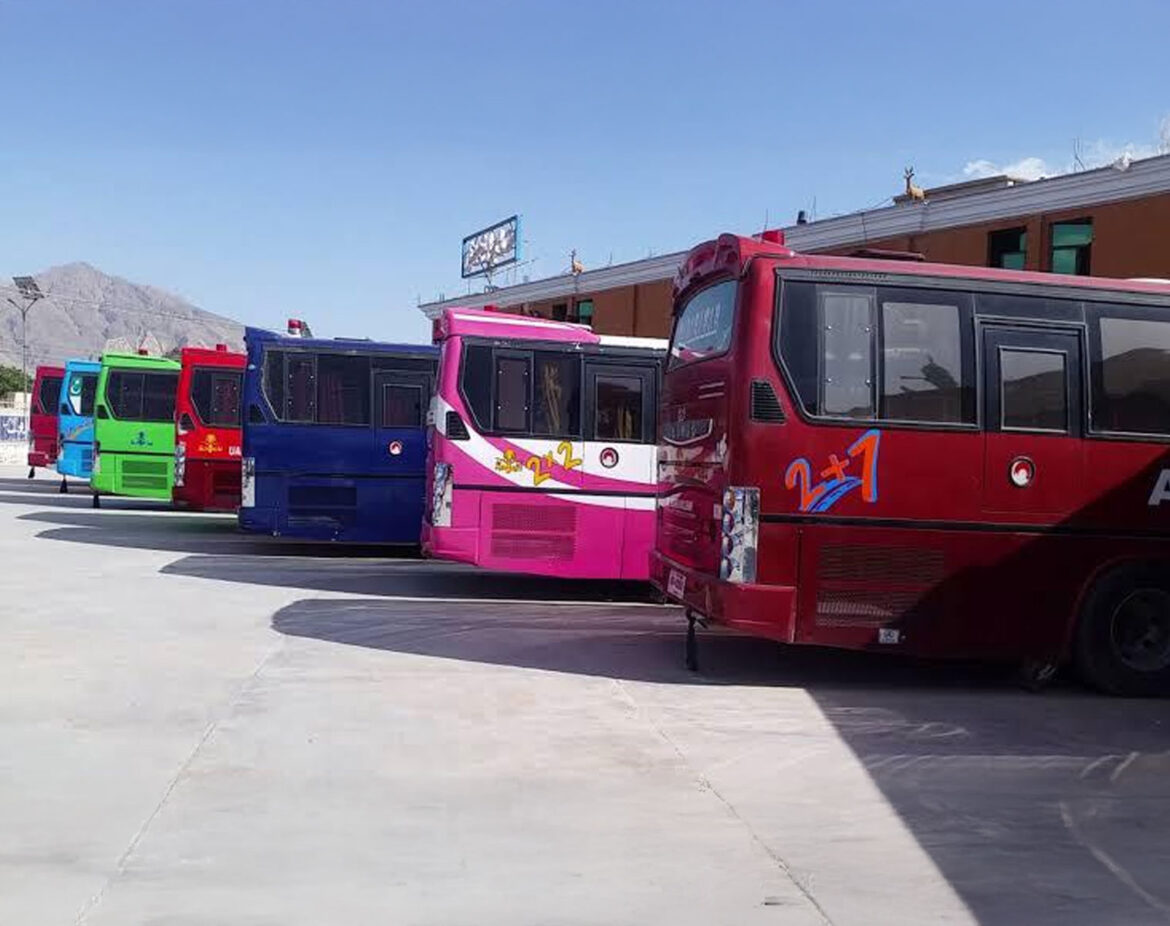QUETTA: The Regional Transport Authority (RTA) of Balochistan has announced new travel restrictions, instructing all interprovincial coaches departing from Quetta to operate only during daylight hours. RTA Secretary cited “unavoidable circumstances” as the reason for discouraging night travel, although no further details were provided. This directive comes in the wake of growing security concerns and a recent surge in terrorism incidents across the region.
The decision is part of broader efforts to enhance public safety, following a string of violent incidents, including the tragic suicide bombing at the Quetta Railway Station last week, which resulted in at least 25 fatalities and more than 50 injuries. Authorities have taken multiple measures to ensure the safety of citizens, including suspending train services from Quetta.
The suicide attack occurred on the crowded platform as passengers gathered to board the Jafar Express, which was scheduled to depart for Peshawar at 9:00 a.m. Among the injured were two railway police officers, Head Constables Ghulam Rasool Jamali and Bhoral Khan. The attack, believed to be a suicide bombing, led to widespread panic and chaos.
The bombing was swiftly condemned by Balochistan Chief Minister Sarfraz Bugti, who called for a full investigation into the tragedy. Authorities have yet to identify the perpetrators, but the attack has sparked fears of a rising wave of terrorism in the region.
Meanwhile, public life in Quetta has been severely affected by ongoing protests. For the past six days, family members of a child who fell victim to a recent attack, along with political leaders, have been staging a sit-in at Unity Chowk. The protest has disrupted daily commutes, forcing students and office workers to seek alternative routes to schools, colleges, and workplaces.
In response to the growing security threats, police and local authorities have ramped up their efforts to secure major transportation routes, but the surge in terrorism has left the population feeling increasingly vulnerable. The government’s move to limit night travel by interprovincial coaches is expected to continue for the foreseeable future as part of the broader strategy to safeguard public security.



